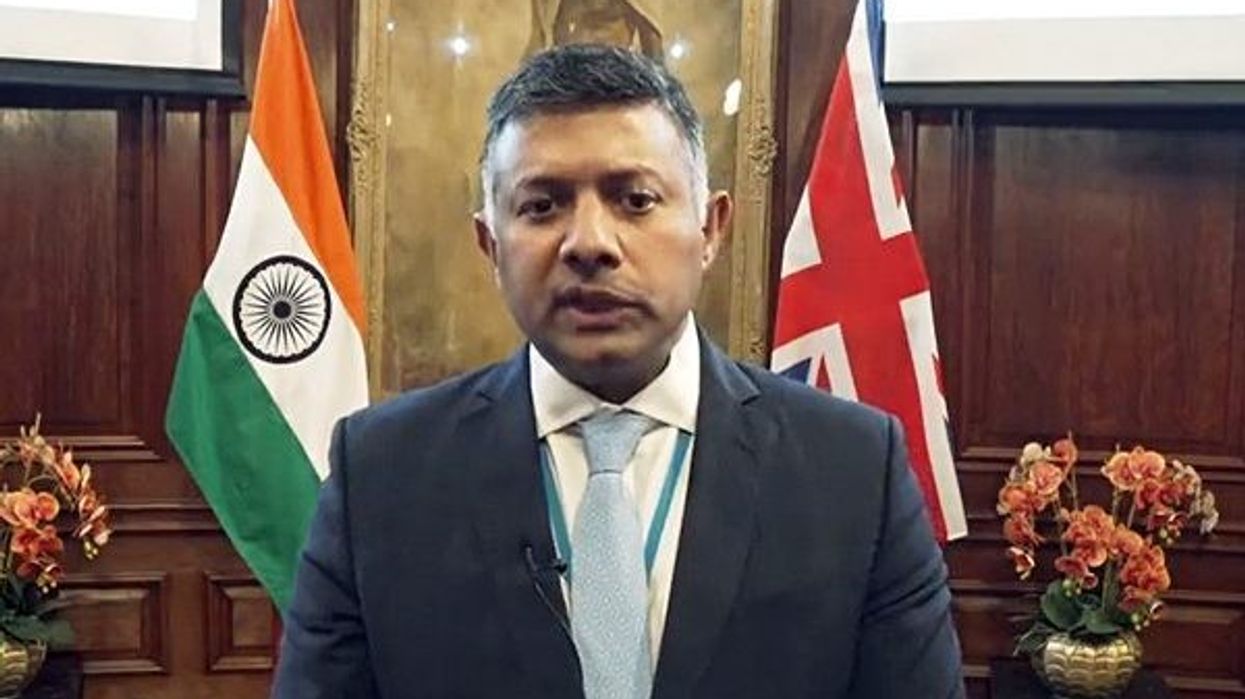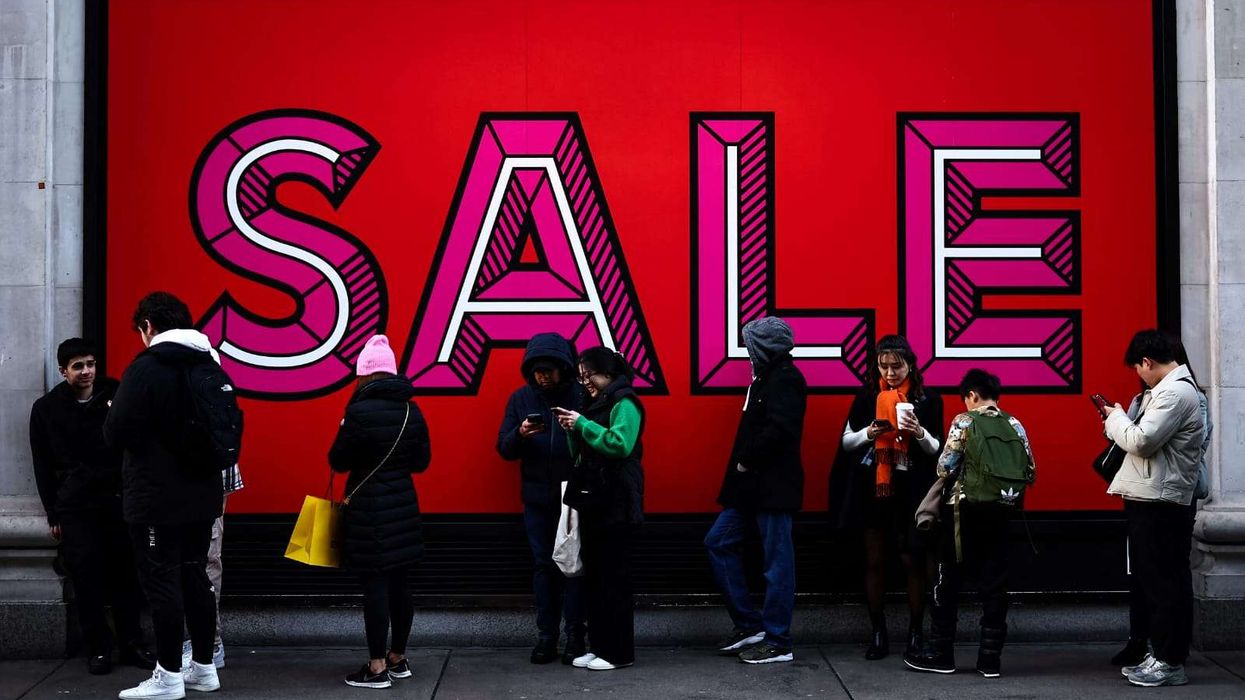INDIA’S High Commissioner to the UK has expressed optimism that officials of the two countries will be “able to get something working” in their Free Trade Agreement negotiations.
Vikram Doraiswami said both countries seem keen to make adjustments, recognising the complexities involved with the different structures of the two similar-sized economies.
On the wider bilateral partnership, he expressed similar optimism around an "obvious synergy" across different sectors.
The 12th round of the India-UK FTA negotiations started in New Delhi on Wednesday (16).
“I'm positive about it (FTA)… My intention is that to the extent we can, we would like a mutually beneficial forward-looking FTA to be concluded,” the high commissioner said.
“We are dissimilar in the structures of our economies and the complexities of our economies. So, getting the right fit together is very important,” he said.
The senior diplomat closely involved with the FTA negotiations, which began in January last year, noted that it is important that the UK side recognises some of the complexities of the structure of the Indian economy.
“It can't be the same as a free trade agreement with a peer-developed country. On the other hand, we too have to take into account the fact that the UK hasn't actually negotiated many free trade agreements in recent years when it was part of the European Union. So, there are those things that have to be adjusted. But overall, the trend line seems very positive,” he said.
The 11th round of negotiations concluded on July 18, with a joint outcome statement saying it covered detailed draft treaty text discussions across nine policy areas. According to UK government statistics, the bilateral trade partnership was worth around £36 billion in 2022 and an FTA is set to significantly enhance that relationship.
India’s commerce Secretary Sunil Barthwal said the 11th round of talks in London was "very intense" and many issues got closed.
Out of the total 26 chapters in the proposed FTA, 19 have been closed. Investment is being negotiated as a separate agreement (bilateral investment treaty) between India and the UK.
“I think our government has been very clear that we want the best possible partnership with the UK and, I believe, from what I hear from the UK leadership on both sides of the political aisle as well as from the senior leadership of the government here, that they too want a forward-looking partnership with us,” said Doraiswami.
“It's important that we build a relationship that touches upon our respective strengths. London is still one of the world's great capitals of finance, for instance. India is the future direction of global growth. There is an obvious synergy between the need for high-quality, well-priced finance for our infrastructure rollout, for our green transitions. And, there is obviously a need for quality finance to find the best possible rewards in terms of places to go to invest. Both of these obviously speak for themselves,” he said.
On the recent visit to India of UK security minister Tom Tugendhat, who announced a £95,000 fund to tackle Pro-Khalistan extremism in Britain, Doraiswami said it marked a milestone moment in enhancing the security pillar of the bilateral partnership.
“We live in an uncertain and often challenging world, increasingly so… It makes absolute sense for countries like the UK and India to work much more closely together to recognise that there are more complex challenges than the simple ones that people talk about. It's not just nation-states alone. There are challenges in terms of what is happening among communities, how communities are being radicalised, how it is changing the shape of domestic politics,” he said.
The envoy pointed to how Indian businesses have built a huge presence in the UK market and stressed that “it is really now time that we got more British businesses into India as well”.
(PTI)
High Commissioner says trend line on India-UK FTA ‘very positive’
India's high commissioner Doraiswami says both countries seem keen to make adjustments in the proposed deal












